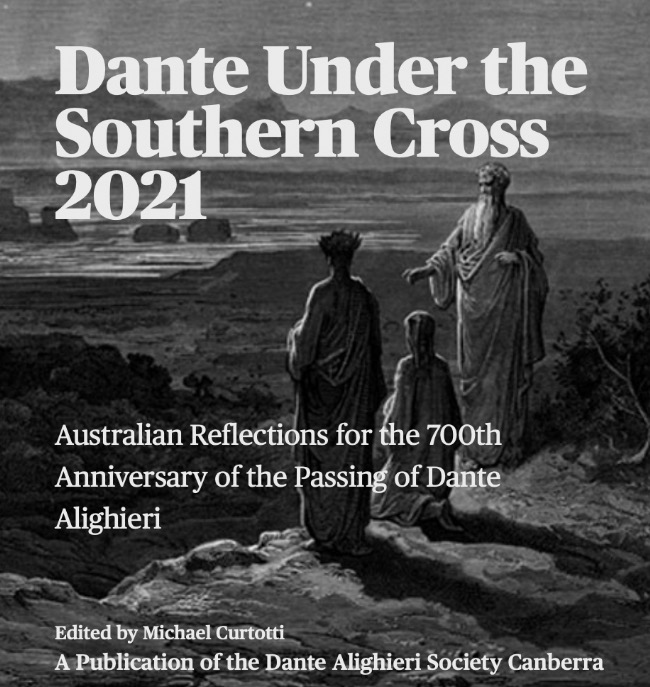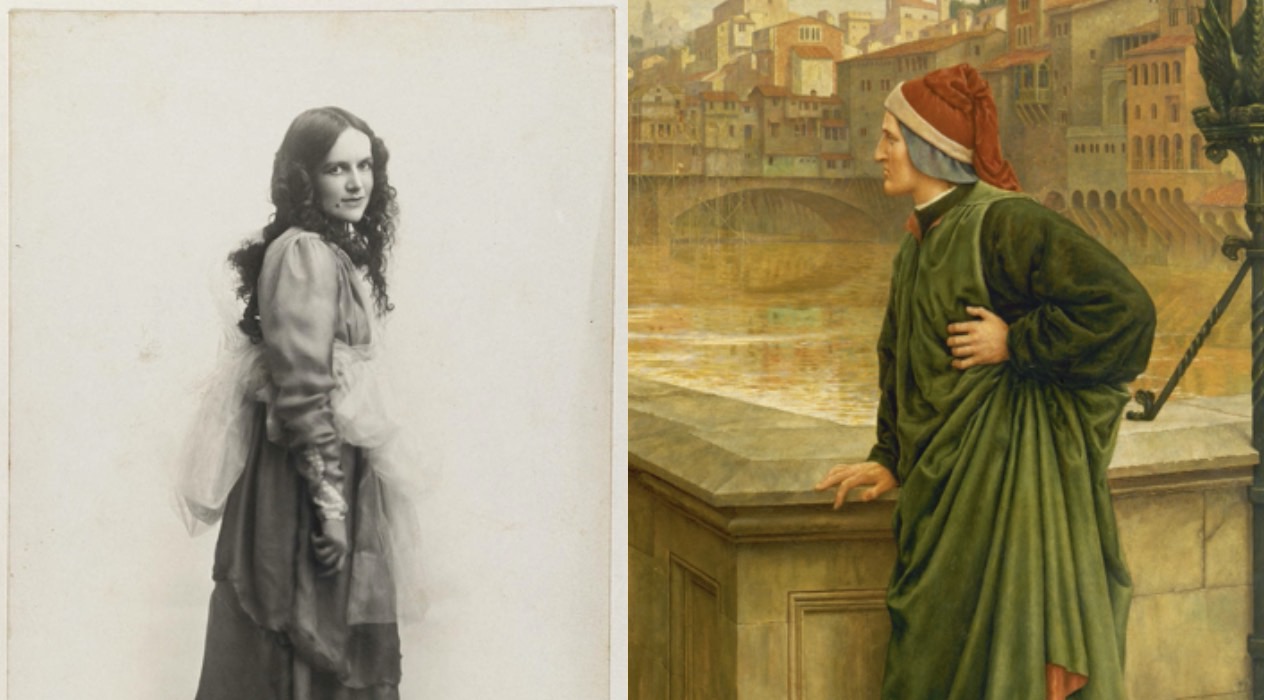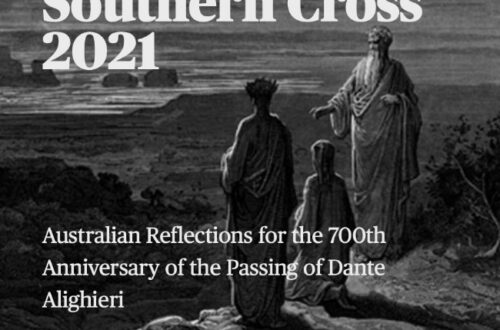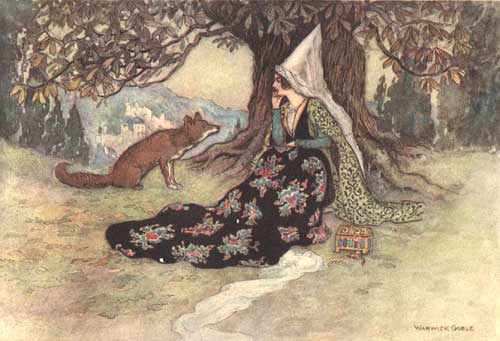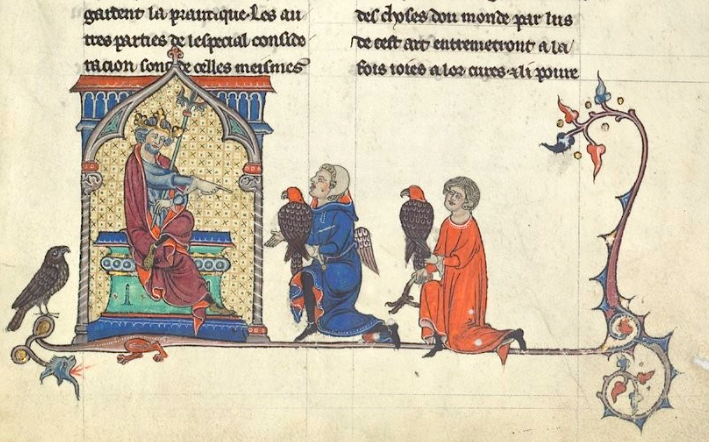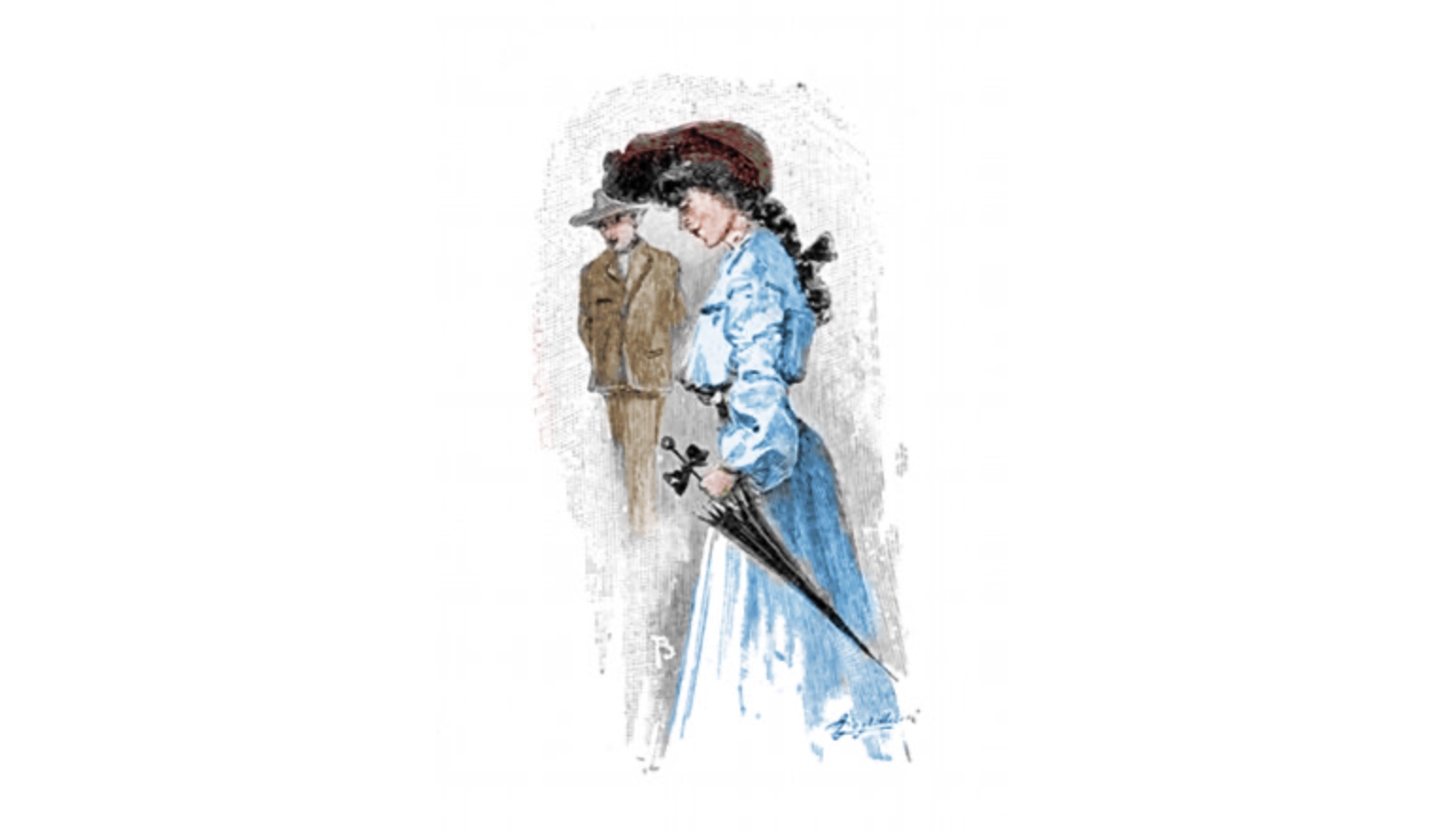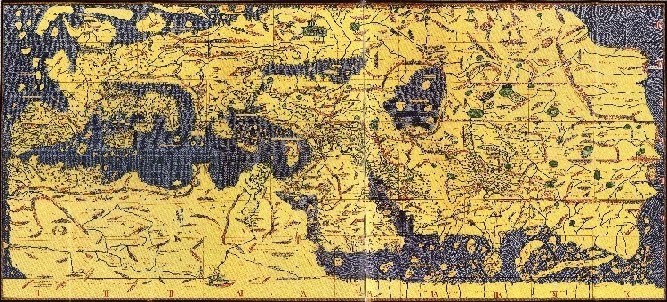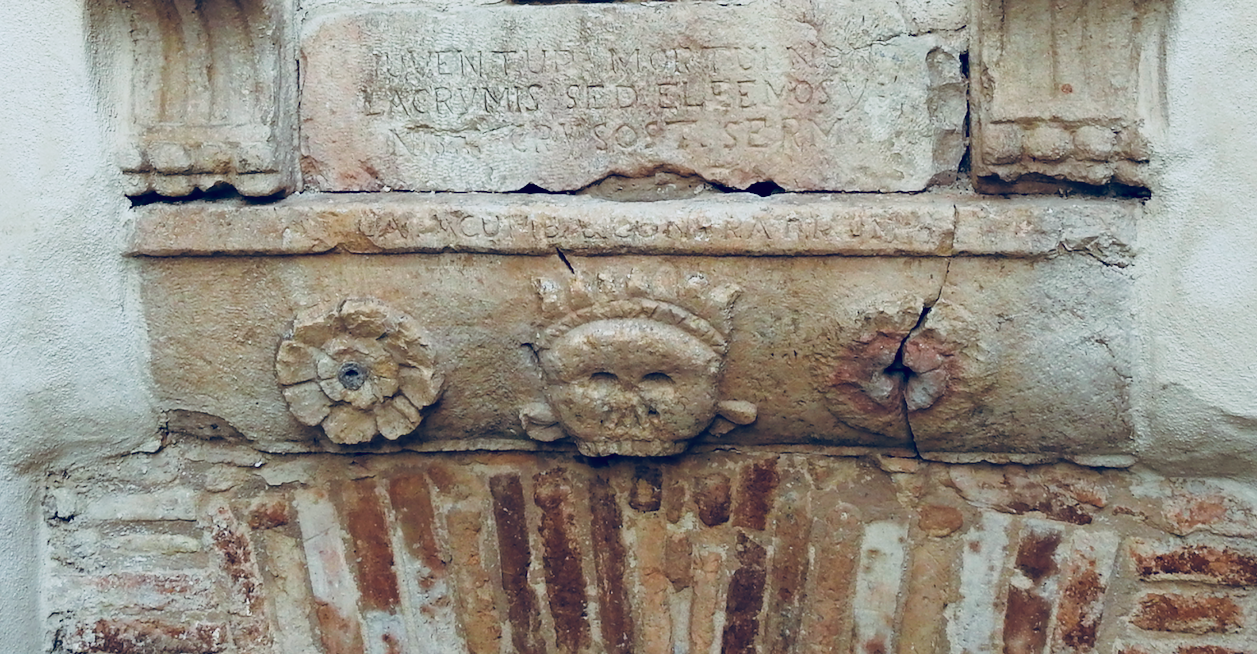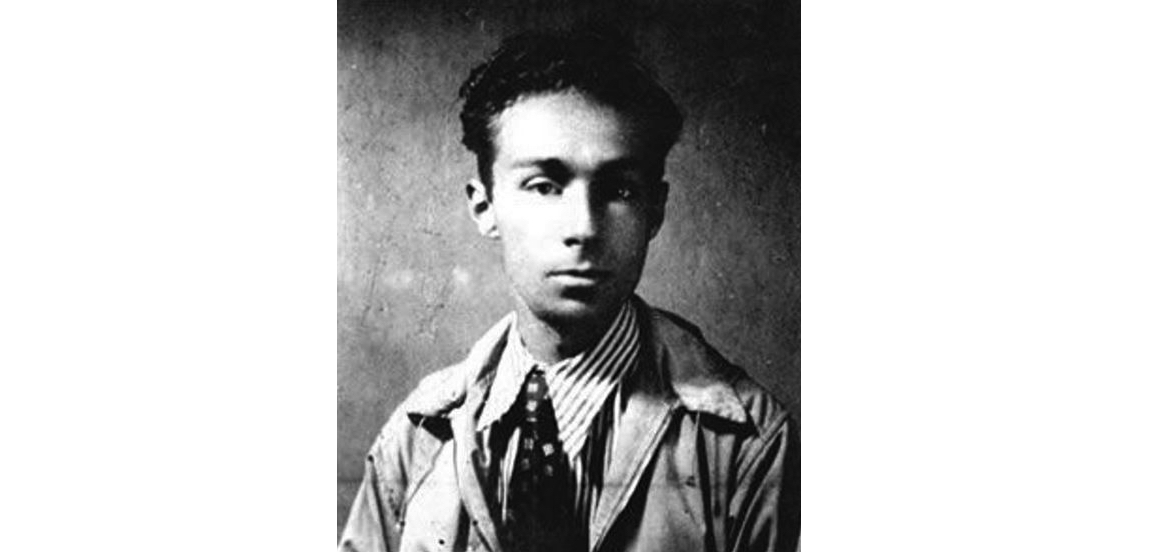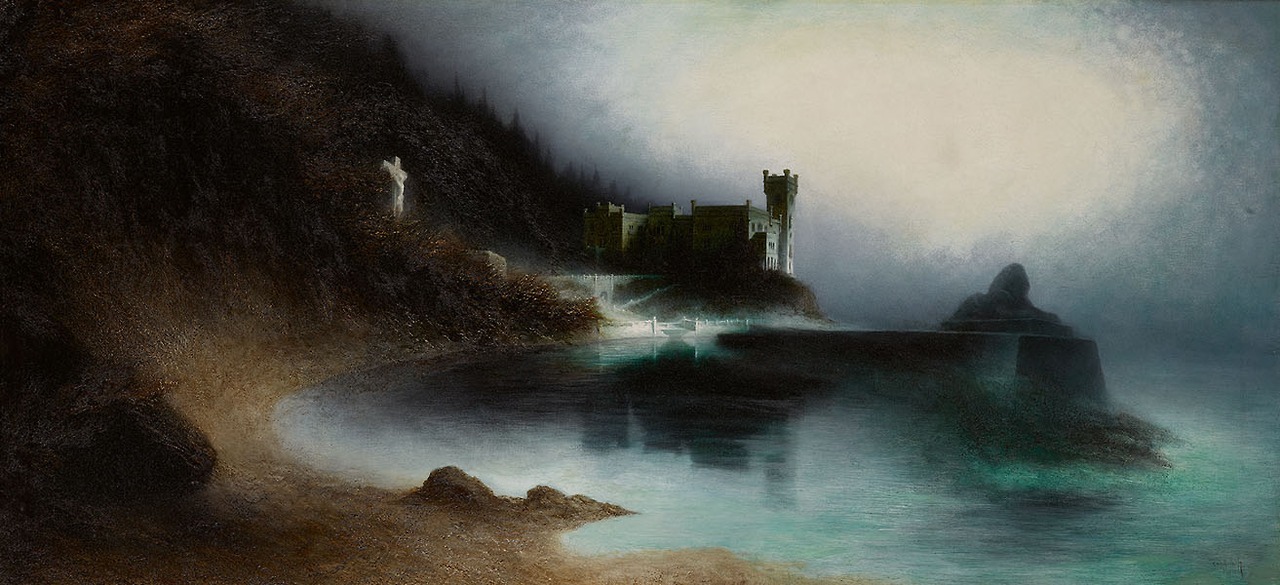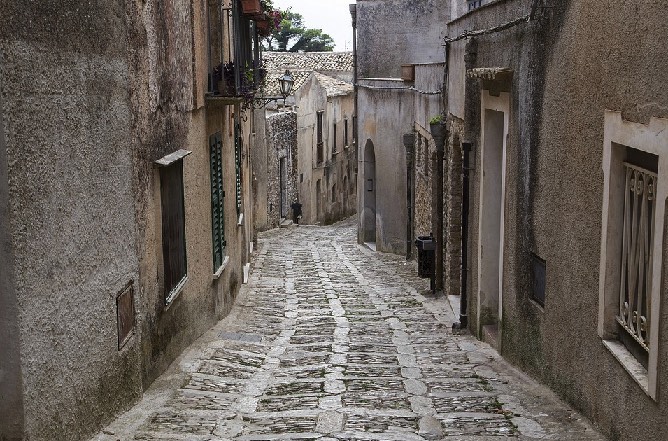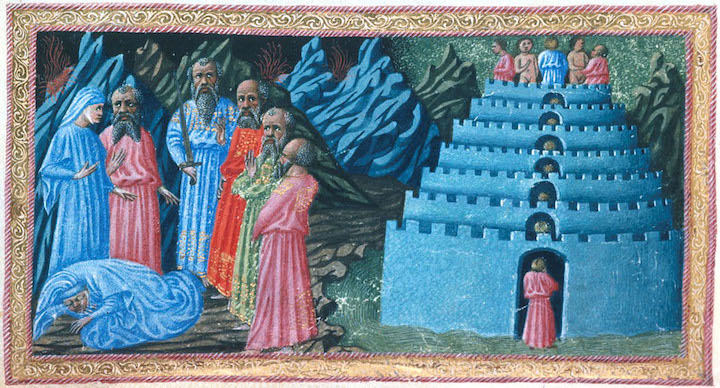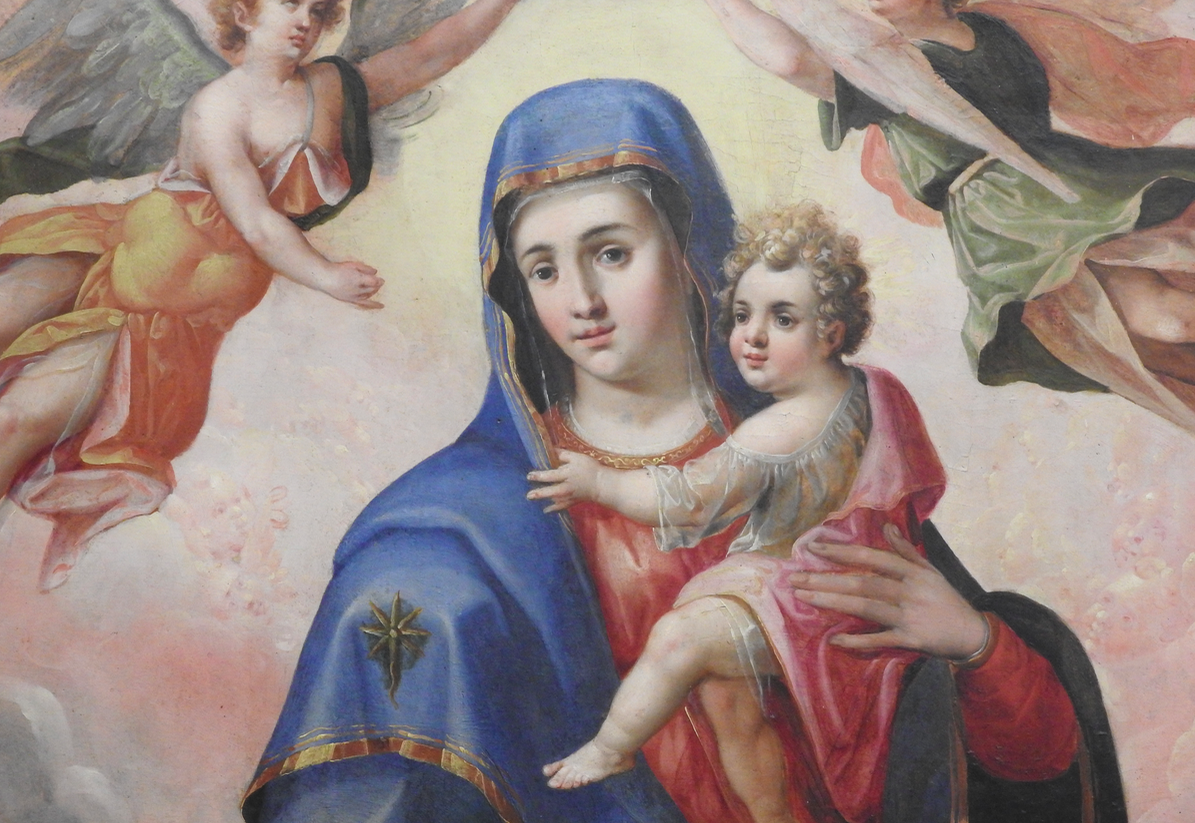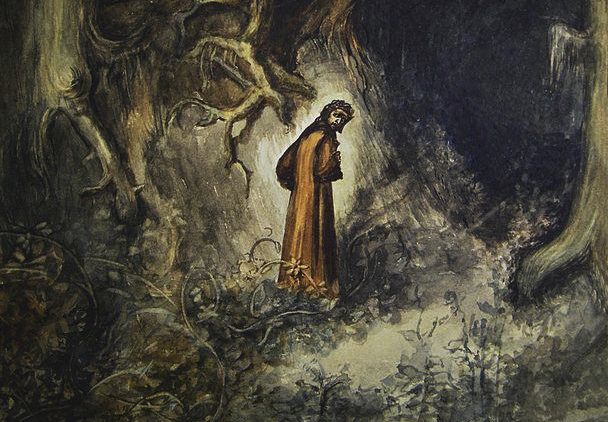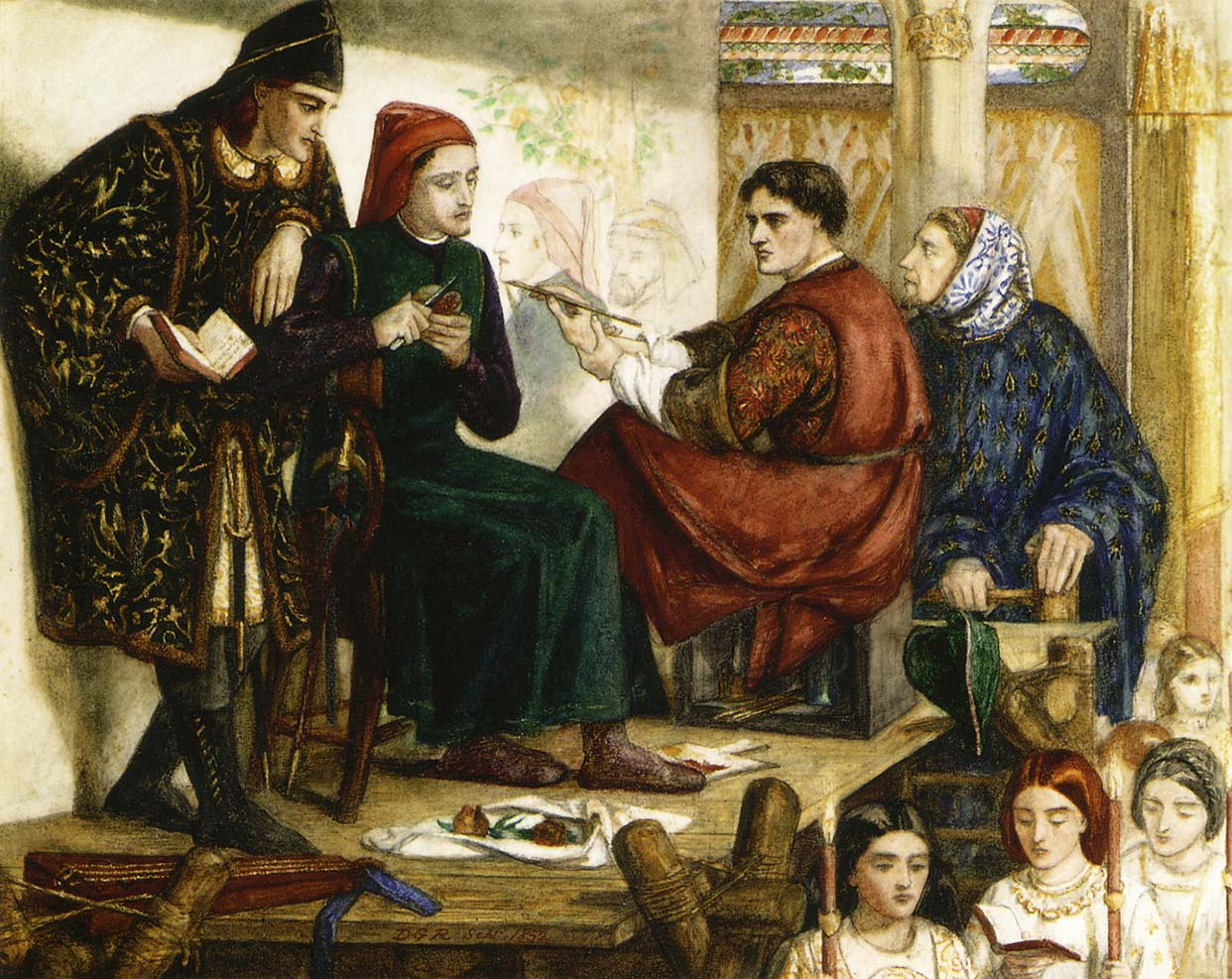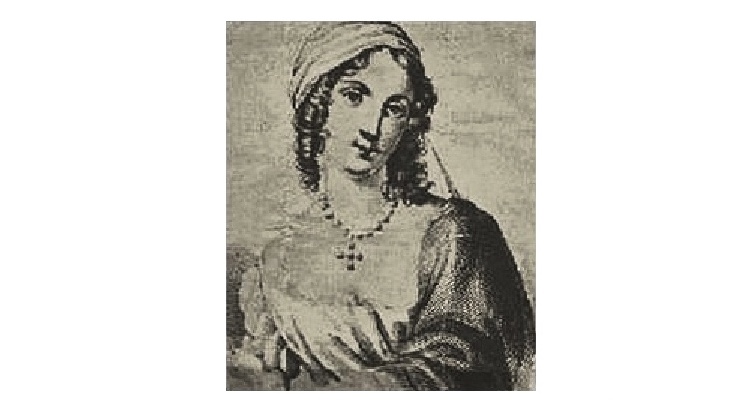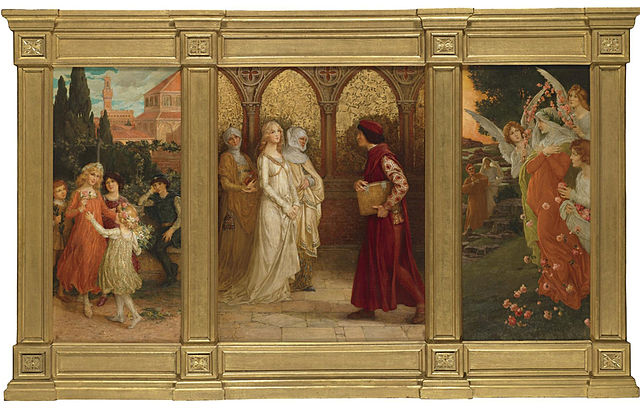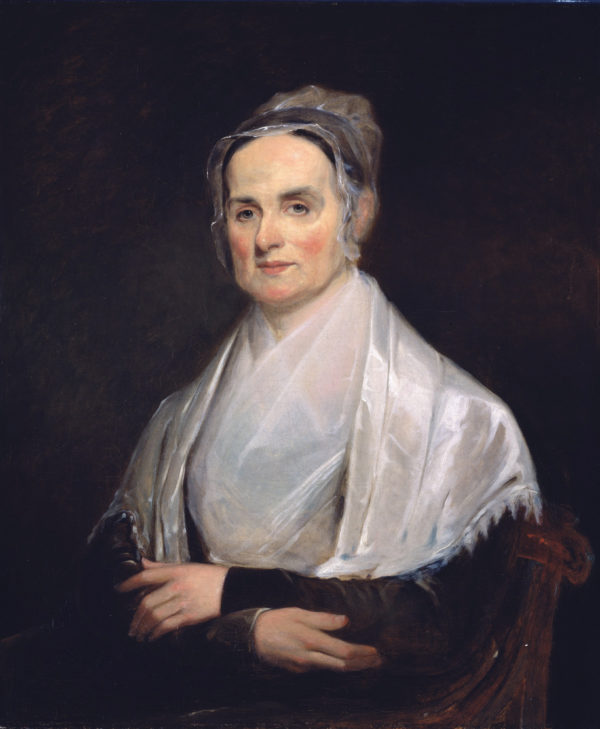-
Dante under the Southern Cross: Australian Reflections on the 700th Anniversary of the Passing of Dante Alighieri
Does Dante Alighieri, an Italian poet who died more than 700 years ago, really have anything to do with gum trees and koala bears? It’s that kind of question that drew together Australian Dante Alighieri Societies to talk about Dante, in a series of presentations around Australia which stretched from Perth to Brisbane. Despite the fact that Dante never knew of Australia’s existence, he did think about us in a way. He wondered what the stars might look like under southern skies, and he put four stars he imagined above our heads. Did he know about the Southern Cross? Some think, maybe he somehow he found out about it. Maybe…
-
Dante Alighieri in a Wide Brown Land*
On the hill beyond Canberra’s lake we do not find ourselves in Dante’s dark wood. Instead, the hundred carefully nurtured forests of the National Arboretum surround us. Some of its trees are from Australia, but many are from far beyond. As we appreciate their beauty, we see that these forests can symbolise Italians in Australia,[1] for we are part of the diverse heritage of this continent. Yet as our eyes turn to the ridge near the Himalayan Pines, we see a rusted monument rise from the land before us.[2] It is timeless, as it proclaims Dorothea Mackellar’s words “Wide Brown Land”. She wrote them about Australia in 1907; a young…
-
Italy’s Rapunzel, Cinderella and other Italian Fairy Tales
The first European collection of Fairy Tales, the Tale of Tales was written in Naples in 1630. It tells such well-known stories as Rapunzel (Petrosinella – or Little Parsley) and Cinderella (La Gatta Cenerentola). Giambattista Basile wrote the Tale of Tales (also known as the Pentamerone) in Neapolitan rather than standard Italian. It was the first book of children’s fairy stories published in Europe and arguably gave birth to the written genre that we know today, although the spoken tradition is much older. Basile’s book is a who’s who of fairy tale characters we know today. As well as Rapunzel and Cinderella (La Gatta Cenerentola) the story of Snow White,…
-
Commentary – Who am I to Speak to You of Italy
This article is the promised commentary on: “Who am I to Speak to You of Italy“, which I wrote in April. In part a commentary recognises that our words never really leave us. They travel along with us and reveal new unimagined meanings and inspire new departures as they speak to us from memory. Much is communicated in Who am I to Speak … by allusion; and many unwritten and written words lie under those that were set down, and a commentary may enrich communication. However, it is not necessary to read the commentary and you may choose not to do so, as commentary (even by writer) may also confine…
-
Primo Levi Zinc and the Pure Race
There is a place so deep in hell that Virgil could not bear to show it to Dante. Science, in unholy coupling with prejudice, indifference and self-interest, discovered it in our own times: and called it Auschwitz. Primo Levi, an Italian Jew, passed through that hell, and survived. Although, until Fascism made of him a thing to be exterminated, Levi hadn’t given any importance to his Jewishness. Zinc is a short story of Primo as a young chemistry student. Like countless young men before him he meets a girl: Rita, and shares the exhilaration of the first faltering steps of getting to know her. It could be the story of…
-
Lingering in Limbo: Dante’s Inferno
Limbo, it turns out, isn’t so bad, even if is found in the first level of Dante Alighieri’s hell. As Dante’s allegory of the journey of the soul continues, it will take him to a beautiful castle inhabited by the good and the great. Far from suffering the tortures of hell, although they can never leave, they are surrounded by meadows and hang out in erudite splendour. But before Dante gets there he has more adventures. Beatrice sends Virgil to the Rescue The ghost of Virgil, a long dead Roman poet, has shown up just in time to take on the job as Dante’s guide. But what’s in it for…
-
The Divine Comedy begins: Lost and on the Road to Hell
The Dante Alighieri of the Divine Comedy is lost. He needs help and is afraid. He doubts himself and often weeps at the human suffering or folly he will see on his journey. Will he be able to reach the end? He doesn’t know. It’s this kind of frail humanity of Dante’s poetry that still speaks to us across hundreds of years. Dante writes in the first person, and that’s part of his magic. We see the world through his eyes, as if we ourselves were sharing the journey. Indeed Dante says we are. Nel mezzo del cammin di nostra vita, the poem begins: In the middle of the journey…
-
Who Am I to Speak to You of Italy?
Who am I to speak to you of Italy? Chi sono io, per parlarvi dell’Italia? Who, for more than 50 years have lived in silence, far beyond her shores. Chi sono io, per parlarvi dell’Italia? Chi, per più di cinquant’anni ha vissuto in silenzio, lontano dalle sue sponde. Yet, such words do not belong to me alone. “Italian Americans are invisible people.” Fred Gardaphé writes, “Not because people refuse to see them, but because, for the most part, they refuse to be seen.” Even here, across an ocean, truth resonates in his words. And as he knows, being forgotten has a price. A price paid with the coins of self-forgetting.…
-
Dante’s New Love Life: the Vita Nuova
The love poets of Dante’s day told everyone they were in love: but always kept the name of their beloved secret. Dante however, names Beatrice as his love. In telling us of her, he has made her immortal. Gemma di Manetto Donati, Dante’s actual wife, he never once mentions and she is virtually unknown. Before we jump to conclusions about what this might mean let us learn more about Dante’s love life. Vita Nuova Dante’s Vita Nuova (“New Life”), which is Dante’s best known work as an early poet, is all about “love”. Dante recounts for us a love story and he is the lover and Beatrice the beloved. Some…
